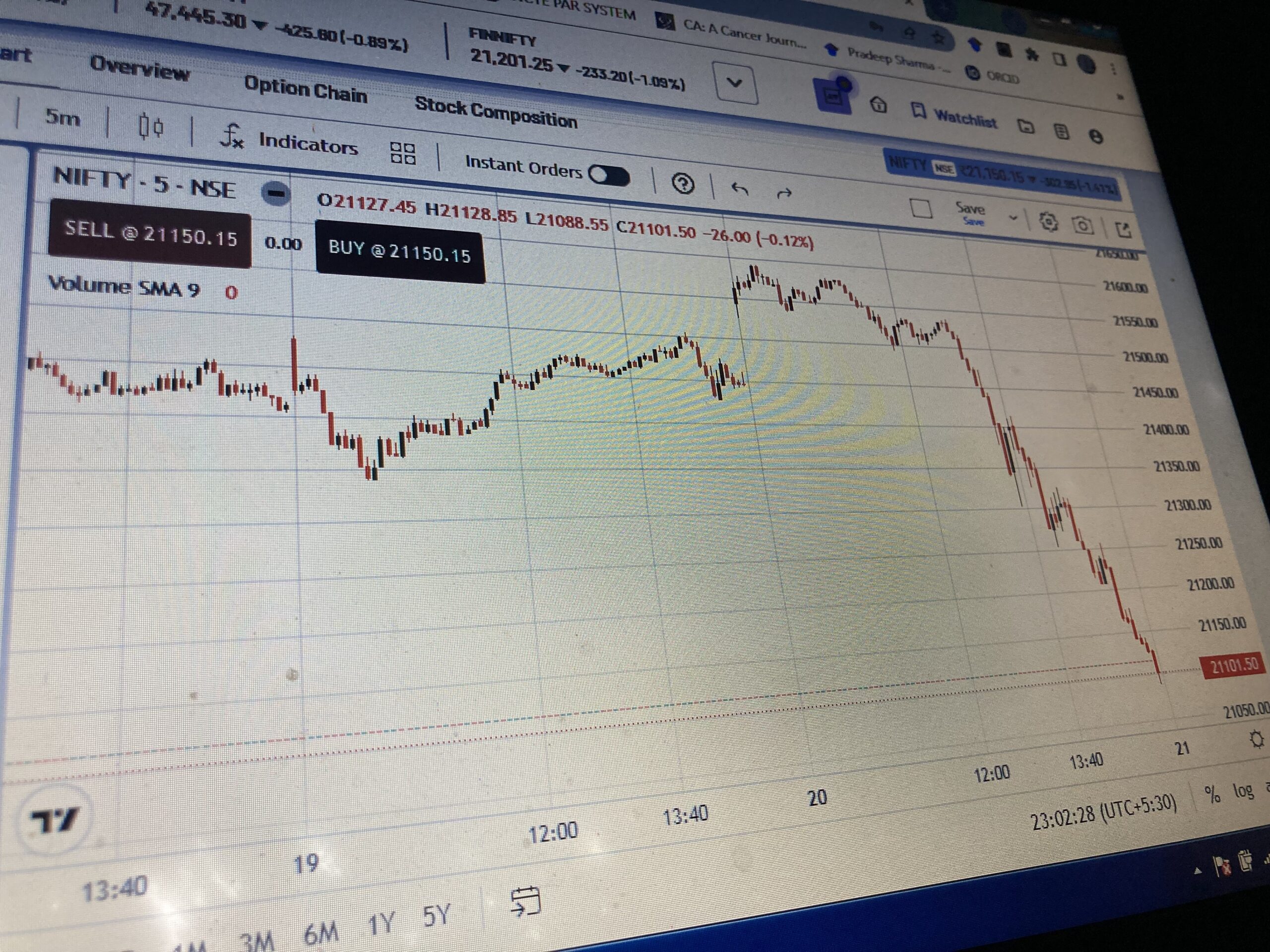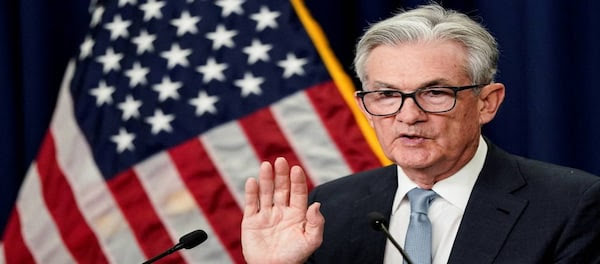The U.S. dollar is back on the upswing again and headed toward the year-to-date highs seen in mid-July following a period of relative dormancy for the last month as investors pulled back on expectations for an imminent U.S. recession.
The ICE U.S. Dollar Index soared 0.6% to 108.12 on Friday on its way toward the year-to-date high reached on July 14. Overnight, the greenback sliced through key technical levels against three of its major counterparts — the euro, British sterling, and Japanese yen — “like a hot knife in butter,” suggesting the dollar has enough momentum to keep going even higher, said Marc Chandler, managing director and chief market strategist at Bannockburn Global Forex in New York.
Much of what drives the dollar depends on what’s going on in the rest of the world. In this case, the euro zone is at risk of a recession has already contracted sharply, U.K. inflation has topped 10%, China’s has unexpectedly cut interest rates amid signs of slowing growth, and Pacific Rim nations like Japan are on edge about a possible war over Taiwan.
“In the ugly contest, the U.S. is the least ugly,” considering signs that the world’s largest economy can keep expanding in the third quarter, Chandler said via phone. “The fundamental reason for the dollar’s uptrend resuming is that our rivals and competitors are hurting more than we are.”
A strong dollar tends to accompany tighter financial conditions in the U.S., while easing financial conditions typically sap the greenback’s strength.
Indeed, investors were preoccupied with the prospect of higher interest rates on Friday, after policy maker Thomas Barkin of the Richmond Fed said the Federal Reserve will do what it takes to return inflation to its 2% target, though that will not happen immediately. Barkin also said getting inflation back to target might mean “a recession could happen,” though it doesn’t have to require a “calamitous” decline in economic activity, according to Reuters.
Generally speaking, financial markets have shifted away from fears of an imminent U.S. recession, toward expectations of a more traditional economic downturn that could take time to play out and turn out to be a not-so-hard landing. That sentiment shift was buttressed to some extent by Barkin’s comments on Friday.





